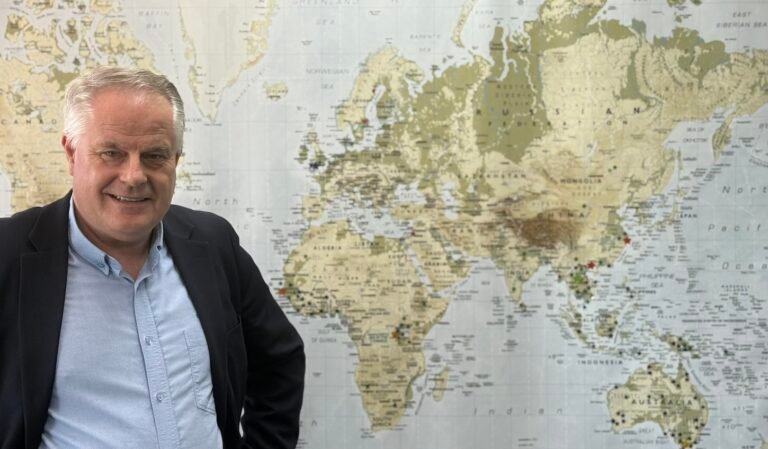Biodiversity Sustains Ecosystems and Human Life.
WWF The Living Planet Report 2024 HERE+ highlights the average change in observed population sizes of 5,495 vertebrate species. It shows a decline of 73% between 1970 and 2020.
The report serves as a wake-up call for governments, businesses, and individuals worldwide, calling for a united effort to safeguard our planet’s natural heritage, ensuring that future generations inherit a world rich in biodiversity and ecological balance. It highlights the urgent need to act decisively to protect our planet’s biodiversity, which is fundamental to human survival and well-being.
World leaders have established ambitious global goals for a sustainable future, including halting biodiversity loss (under the CBD), limiting global temperature rise to 1.5ºC (under the Paris Agreement), and eradicating poverty while promoting well-being (under the SDGs). However, national commitments and actions are significantly lacking, putting 2030 targets at risk.
– More than half of the SDG targets for 2030 are likely to be missed, with 30% worsening since 2015.
– Current national climate pledges could result in a nearly 3°C increase in global temperatures by century’s end, leading to severe tipping points.
– National biodiversity strategies are insufficient, lacking necessary financial and institutional backing.
The report provides a comprehensive assessment of the state of global biodiversity and the health of our planet’s ecosystems with alarming trends in species populations, habitat degradation, and the impacts of climate change heading toward Tipping Point.
– Wildlife populations 69% decline since 1970 primarily due to habitat loss, overexploitation, pollution, and climate change.
– Freshwater ecosystem species of 83% decline underscoring the critical condition of rivers, lakes, and wetlands, which are essential for both biodiversity and human livelihoods.
The Living Planet Index, a key metric in the report, showcases these trends through data on thousands of vertebrate species across the globe. The findings are a stark reminder of the interconnectedness of human activities and ecological health, as declines in wildlife populations directly affect ecosystem services, such as pollination, water purification, and climate regulation.
Solutions and Recommendations
WWF advocates for a multi-faceted approach to conservation and sustainability. Key recommendations include:
- Protecting Habitats: Establishing and effectively managing protected areas to safeguard critical ecosystems and species.
- Restoration Efforts: Implementing restoration initiatives to revive degraded ecosystems, such as reforestation and wetland restoration.
- Sustainable Practices: Promoting sustainable land and resource management practices in agriculture, forestry, and fisheries to reduce environmental impacts.
- Policy Changes: Urging governments to adopt policies that support biodiversity conservation and climate resilience, including incentives for sustainable practices and stricter regulations on pollution and habitat destruction.
- Community Engagement: Involving local communities in conservation efforts, recognizing their knowledge and rights as essential to effective stewardship of natural resources.
WF (2024) Living Planet Report 2024 HERE+ – A System in Peril. WWF, Gland, Switzerland.











